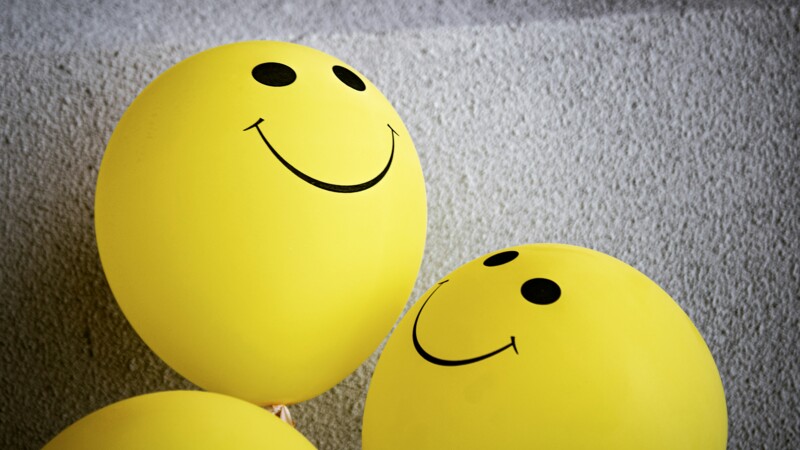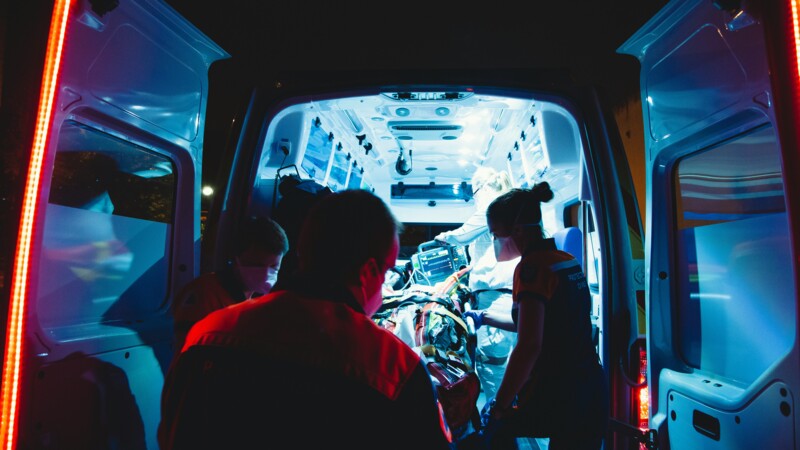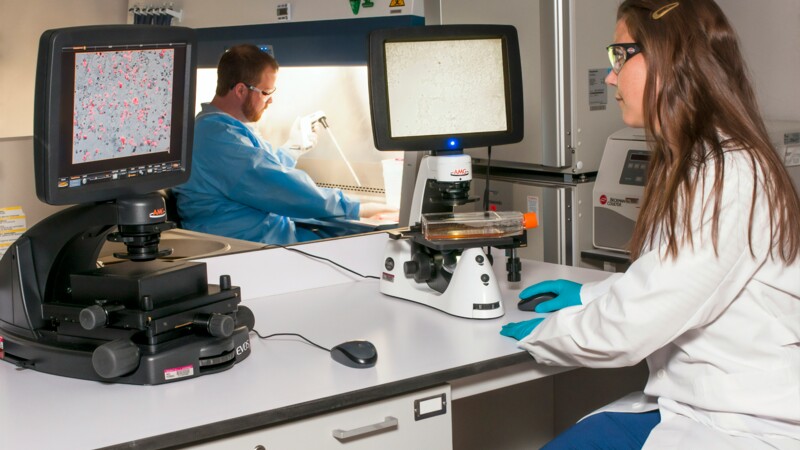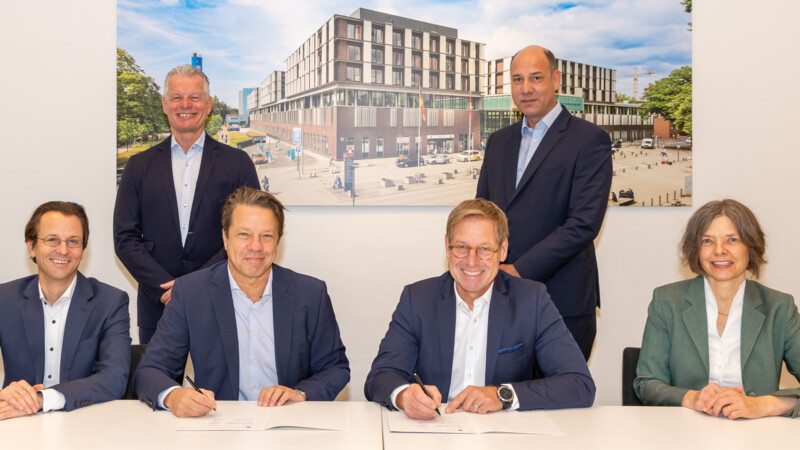The Netherlands was Hamburg's fourth most important trading partner in the first half of 2024 in terms of both exports and imports, according to the Statistical Office North. Bilateral trade consisted of exports worth EUR 1.7 billion and imports worth around EUR 2.3 billion. Given this backdrop, sharing best practices in the Netherlands and Germany topped the agenda of the "Bridging Innovation in Life Sciences & Health" forum held during the Netherlands Day (March 25, 2025) in the Philips Health Innovation Port in Fuhlsbüttel. Organised by the German Dutch Chamber of Commerce, the Hamburg Chamber of Commerce, Life Sciences Nord, Hamburg Invest and the Ministry of Economics and Innovation, events on the day brought companies, hospitals and research institutions together to forge even closer ties.
Helium, a critical, noble gas for magnetic resonance imaging (MRI) technology that cools the superconducting magnetic coils, is becoming scarce. Non-invasive diagnosis, on the other hand, is now a key part of modern medicine. "The European Union expects the demand for helium to double in the next ten years and has placed the gas on the list of critical raw materials in view of its increasing scarcity," says Rachid Aztout, Senior National Key Account Manager Germany at Philips, which is headquartered in Hamburg. The Dutch company had 594 medtech patent applications at the European Patent Office (EPO) and invested around EUR 1.7 billion in R&D last year. Meanwhile, Philips has also developed Blue Seal technology for helium-free MRI operations. This highly efficient micro-cooling technology requires only a negligible amount of liquid helium for cooling.
Brisk trade between Hamburg and Netherlands

Diversity key to innovation
Jos Steeman, HamburgAmbassador to the Netherlands since 2021, is keen on even closer Hanseatic-Dutch ties. Appointed by the Mayor of Hamburg, the honorary ambassadors act as mediators, networkers and initiators for politics, business, science and culture abroad to raise Hamburg's global image. "Hamburg and the Netherlands have a healthy basis on which innovations can be developed jointly," Steemann pointed out. Common denominators include the maritime sector n combination with a keen industrial focus and on a vibrant life science sector. The more pragmatic Dutch approach complements "German thoroughness". "The challenges remain the same, but solutions need to be adapted to the country-specific systems. Thus, different perspectives are important. Diversity is the key to innovation," Steeman believes.

UV-C light and/or AI
Robots by Loop Robotics in the Dutch town of Ryswick use UV-C light to combat viruses and bacteria in hospitals. Automated disinfection by intelligent robots is both effective and sustainable and no chemicals are used. However, UV-C light harms human beings and can only be used in empty rooms. This is not a problem in the Netherlands, where single-bed wards are the norm, unlike mostly two-bed wards in German hospitals, which are less likely to be completely unoccupied and thus suitable for robots. "AI solutions are being advanced in Germany," says Professor Johannes Knobloch, Head of Hygiene at the University Hospital Hamburg-Eppendorf. "AI is great at recognising patterns and can improve the assessment of possible infections, but it can also reduce the need for documentation, thus easing the burden on hospital staff."

AR as a medical assistant
But who steps in when an illness occurs on the high seas? "Imagine you are the captain of a ship in the middle of the Indian Ocean," said Walther Boon, co-founder of Dutch startup MedAssist. "In the middle of the night, you are informed that a crew member is seriously ill. You, the captain, are responsible for your crew, but you have no medical expertise. So, what do you do?" "You use the MedAssist online augmented reality application. The software guides you through the medical procedure. The captain aboard the ship is connected to an onshore doctor who, thanks to augmented reality (AR), shows him every move on a tablet. The doctor's virtual hands are superimposed on the captain's real hands, showing him, for instance, how to treat a wound. "Our app enables remote medical treatment. No matter when or where."
ys/kk/pb
Sources and further information
More
Similar articles

Hamburg's Statics Mind wins "Top Brand Corporate Health 2025"

Paramedics to save every minute with start-up's device

